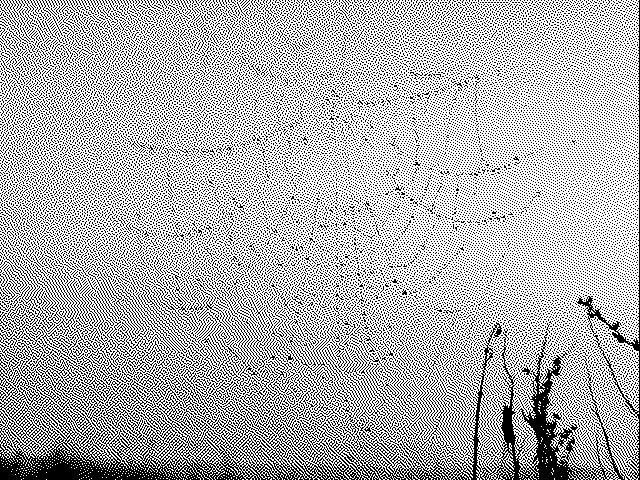How to build ideological products that delight users
On Friday, I read this in a book that had been recommended to me:
Making a product decision from a perspective of ideology is either brave or stupid.
Jon Kolko, Well-Designed: How To Use Empathy To Create Products People Love, p.19
I’ve made product decisions which I’d say were ideological, so it gave me pause. Then, this morning, I read a short blog post from Seth Godin in which he said:
A principle is an approach you stick with even if you know it might lead to a short-term outcome you don’t prefer. Especially then.
Seth Godin, Principle is inconvenient
It’s this gap between the short-term and the long-term that makes a principle valuable. If your guiding principle is to do whatever benefits you right now, you don’t have principles of much value.
This produced a tension: who was right?
Then, picking up same book again this afternoon, I read an interview with Josh Elman, who has led product at a number of high-profile tech companies:
The hardest part of building something comes down to this: are you building it for yourself, or are you building it for how you believe most people will react and interact? It’s important and really powerful to get out of your own head and think about how other people will engage with a system or a product, and make sure you are making choices that are meaningful to them, not to you.
Jon Kolko, Well-Designed: How To Use Empathy To Create Products People Love, p.63
I feel like this helps to resolve the tension.
First, I start from the tech equivalent of the Hippocratic oath (“do no harm”). So I’m not going to work on betting apps, anything which negatively affects our societal response to the climate emergency, or ‘addictive’ services.
Second, I continue from the position of identifying communities of people to help. I spend time finding out, both directly and indirectly, where their pain points are and what would delight them.
Third, I put together a team to design and build prototypes to test with these people. We then iterate based on that feedback.
By doing this, you can have your ideologicical cake and eat it. When your values are in line with those of your users, then everyone wins.
This post is Day 59 of my #100DaysToOffload challenge. Want to get involved? Find out more at 100daystooffload.com

